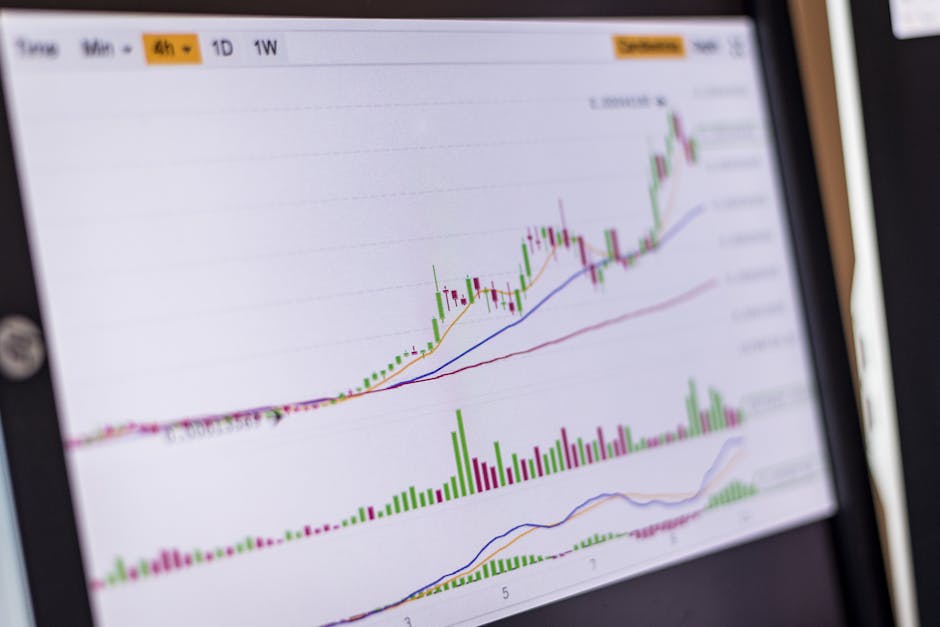In recent weeks, Foreign Portfolio Investors (FPIs) have significantly increased their bearish stance on Nifty futures, sparking concerns among market participants and analysts. This trend highlights the growing caution among foreign investors as the Nifty 50 index, a key benchmark for Indian equities, faces heightened volatility. Understanding the reasons behind this shift is essential for investors navigating the current market landscape.
The Growing Bearish Sentiment
Data from the National Stock Exchange (NSE) shows that FPIs have ramped up their short positions in Nifty futures. Short selling, or taking bearish bets, involves selling assets with the expectation of buying them back at a lower price to profit from a decline in value. This activity has surged to levels not seen in months, signaling increased caution among foreign investors.
Key Factors Driving the Trend
1. Global Macroeconomic Uncertainty
One of the primary drivers of FPIs’ bearish bets is the ongoing global macroeconomic uncertainty. Rising interest rates in the US and Europe, combined with fears of a global recession, have made investors wary of emerging markets like India. The US Federal Reserve’s hawkish stance and the European Central Bank’s tightening policies have led to capital outflows from riskier assets, including Indian equities.
2. Valuation Concerns
Indian markets have been trading at relatively high valuations compared to historical averages and other emerging markets. The Nifty 50’s elevated price-to-earnings (P/E) ratio has raised concerns about overvaluation. FPIs, known for their focus on valuation metrics, may be reducing exposure to Indian equities to avoid potential downside risks.
3. Domestic Economic Challenges
While India’s economy has shown resilience, certain domestic factors have raised red flags. Inflation remains a concern, with the Reserve Bank of India (RBI) maintaining a tight monetary policy to curb price pressures. Additionally, slower-than-expected corporate earnings growth and weak rural demand have added to investor apprehensions.
4. Currency Volatility
The Indian rupee has faced significant volatility against the US dollar, driven by global dollar strength and capital outflows. A weaker rupee can erode returns for foreign investors, making Indian assets less attractive. FPIs may be hedging their positions or reducing exposure to mitigate currency-related risks.
5. Geopolitical Tensions
Ongoing geopolitical tensions, including the Russia-Ukraine conflict and US-China trade frictions, have created a risk-off sentiment in global markets. As a result, FPIs are adopting a cautious approach and reallocating funds to safer assets or markets perceived as less risky.
Implications for Indian Markets
The increased bearish bets by FPIs could have several implications for the Indian equity market:
1. Heightened Volatility
As FPIs increase their short positions, market volatility is likely to rise. This could lead to sharp swings in the Nifty 50 index, creating challenges for both retail and institutional investors.
2. Pressure on Domestic Institutions
With FPIs reducing their exposure, the onus of supporting the market may fall on domestic institutions, such as mutual funds and insurance companies. However, their buying power may not fully offset the impact of FPI outflows.
3. Impact on Retail Investors
Retail investors, who have been a significant force in the Indian markets in recent years, may face increased uncertainty. The bearish sentiment could lead to profit-booking or reduced participation, further impacting market dynamics.
4. Long-Term Opportunities
While the short-term outlook appears challenging, market corrections driven by FPI activity could create attractive entry points for long-term investors. Valuations may become more reasonable, offering opportunities to invest in quality stocks at lower prices.
Conclusion
The increasing bearish bets by FPIs on Nifty futures reflect a combination of global and domestic factors, including macroeconomic uncertainty, valuation concerns, and currency volatility. While this trend may lead to heightened market volatility in the near term, it also underscores the importance of a cautious and strategic approach to investing.
For Indian markets to regain their appeal, addressing domestic challenges and restoring investor confidence will be critical. In the meantime, market participants must stay vigilant, focus on fundamentals, and remain prepared to navigate the evolving landscape. As the saying goes, “Markets are a device for transferring money from the impatient to the patient,” and patience may indeed be the key to weathering this phase.




